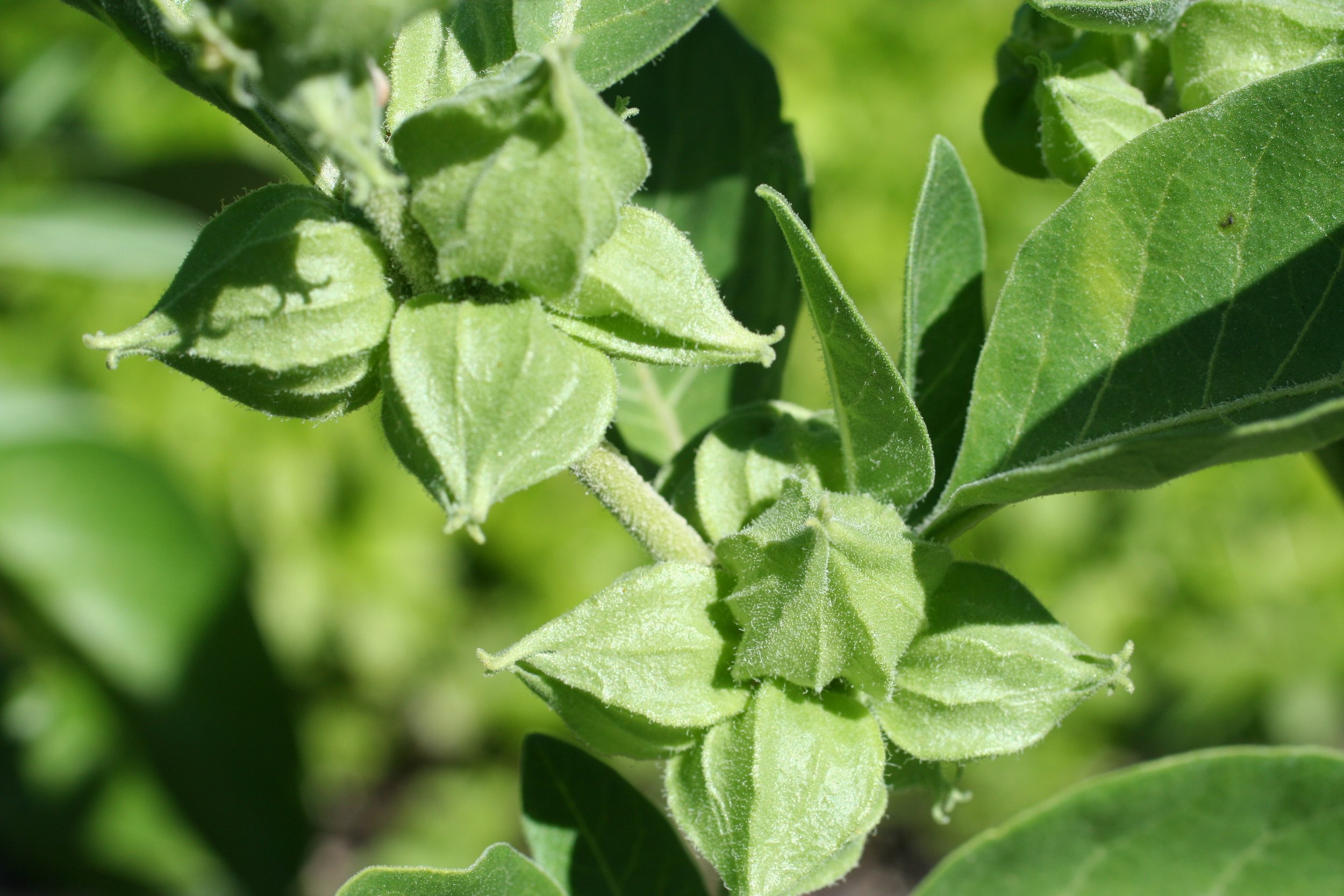Herbs for Stress
Most of us are under increased levels of stress these days. Stress is defined as a state of mental or emotional strain or tension resulting from adverse or very demanding circumstances. When we experience heightened stress, we increase our production of stress hormones. These, in turn, cause our blood sugar levels to rise, along with our heart rate, blood pressure, insulin production, and immune response. In other words, stress takes a real toll on the body and uses a lot of our internal resources!
Chronic stress can cause lingering problems such as blood sugar issues, digestive symptoms, fatigue, more frequent illnesses, hormonal imbalances, inflammation, irritability, anxiety, depression, and more. Managing our stress levels is important for long-term health and well-being. Luckily, many natural remedies can help support us during times of upheaval, including herbs, supplements, essential oils, flower essences, dietary adjustments, and lifestyle supports. The suggestions below are examples of each category. Please know that there are other options in each category to choose from.
Herbs for Stress:
Many categories of herbs will help one survive and even thrive during stressful situations. These include adaptogens, nutritive herbs, and nervine relaxants.
Adaptogens: Many of our best herbs for stress are adaptogens. Adaptogens improve a person’s ability to handle stress. They have a balancing effect on overall physiology with no significant toxicity. Adaptogens usually affect the hypothalamus-pituitary-adrenal axis or HPA axis. The HPA axis is a neuroendocrine system that regulates reactions to stress and many body processes, such as digestion, immune response, mood, emotions, and energy levels.
Adaptogenic Herbs: American ginseng* (Panax quinquefolium), Ashwaganda (Withania somnifera), Devil’s club (Oplopanax horridus), Eleuthero (Eluettherococcus senticosus), Gotu Kola (Centella asiatica), Holy basil (Ocimum tenuiflorum), Red ginseng (Panax ginseng), Rhodiola (Rhodiola rosea), Schisandra (Schisandra chinensis), Wild sarsaparilla (Aralia nudicalis)
Ashwaganda
Nutritive Herbs: Highly nutritious herbs, particularly in mineral content, these herbs deeply nourish and sustain the body. Nutritive herbs offer increased nourishment when to body needs it the most. They are particularly helpful for nervous system support.
Nutritive Herbs: Alfalfa (Medicago sativa), Burdock (Arctium lappa), Chickweed (Stellaria media), Dandelion (Taraxacum officinale), Horsetail (Equisetum spp.), Nettles (Urtica dioica), Oat Straw (Avena spp.), Raspberry (Rubus ideaus), Red Clover (Trifolium pratense)
Nervine Relaxants: Helps calm and relax nerves. Some nervine relaxants can be taken throughout the day to maintain a sense of peacefulness. Stronger nervine relaxants are best taken at home while resting or before bedtime.
Nervine Relaxant Herbs: Black Cohosh* (Actaea racemosa), Blue Vervain (Verbana hastata), Catnip (Nepeta cataria), German Chamomile (Matricaria recutita), Hops (Humulus lupulus), Kava* (Piper methysticum), Lavender (Lavandula spp.), Lemon Balm (Melissa officinalis), Linden Flower (Tilia spp.), Motherwort (Leonurus cardiaca), Oat Seed, fresh milky (Avena spp.), Passionflower (Passiflora incarnata), Skullcap (Scutellaria spp.), St Johnswort (Hypericum perforatum), Valerian (Valeriana spp.), Wood Betony (Stachys officinalis)
*= Please use cultivated only
Milky Oat Seeds
Supplements for Stress:
Several supplements are useful for managing stress. These can be taken episodically for short-term tension or daily for longer periods of stress.
B complex: take as directed on the bottle
Vitamin C: 500-1000 mg per day. More can be taken during highly stressful times.
Magnesium: 250-500 mg per day
Zinc: 20-30 mg per day
Essential Oils for Stress:
Essential oils are beneficial for stress as they pass the blood-brain barrier and can directly influence the central nervous system. Essential oils can be used in diffusers, inhaled, or applied topically. Make sure to dilute all oils before applying them to the skin by putting 10-12 drops of essential oil into 1 ounce of carrier oil (such as olive oil) or lotion. Focusing on taking a deep breath when smelling essential oils can aid relaxation.
Essential Oils for Stress: Cedarwood (Juniperus virgiana or Cedrus doedara), Clary sage (Salvia sclarea), Frankincense (Boswellia carterii), German Chamomile (Matricaria recutita), Lavender (Lavandula spp.), Lemon (Citrus limonum), Rose (Rosa spp.), Sage (Salvia officinalis), Sandalwood (Santalum album), Vanilla (Vanilla planifolia), Ylang-Ylang (Cananga odorata)
Lavender Essential Oil
Flower Essences for Stress:
Flower essences are subtle, energetic remedies useful in supporting mental, physical, and spiritual wellness. They can be taken internally in drop doses or applied topically to the skin.
Flower Essences for Stress: Beech, Cherry Plum, Crab Apple, Elm, Impatiens, Rescue Remedy, Rock Rose, Rock Water, Vervain, Vine, Walnut, White Chestnut
Dietary Suggestions for Stress:
Diet and lifestyle accommodations are some of the most profound yet simple changes we can make to support ourselves when life gets too nerve-racking.
Drink at least eight cups of water or herbal tea daily.
Eat well: In general, eat simple, whole foods.
Reduce caffeine, alcohol, and sugar.
Eat regular meals at regular times.
Eating foods high in potassium can help support the adrenal glands.
Whole foods provide nutrients when they are most needed
Lifestyle Supports for Stress:
Get enough sleep: prioritize sleeping and resting during excessively stressful times. Try to get eight hours of sleep each night.
Meditation/breathing exercises: even ten minutes of focusing on our breath every day
Regular exercise helps reduce stress hormones, improves overall health, and releases neurotransmitters, called endorphins, that can improve mood.
Yoga is a practice of physical postures and breathing techniques that have been shown to promote relaxation and reduce anxiety.
Laughter is proven to decrease stress, improve immunity, and even relieve pain.
Thinking peaceful and positive thoughts can help improve our psychological and physical well-being.
Spending time with loved ones helps us cope with stress, improving feelings of connection and well-being.
With all of the long-term problems caused by chronic stress, it’s increasingly important to promote our well-being. We are fortunate that there are so many natural remedies to help support us during times of worry and anxiety, including herbs, supplements, essential oils, flower essences, dietary adjustments, and lifestyle supports.




